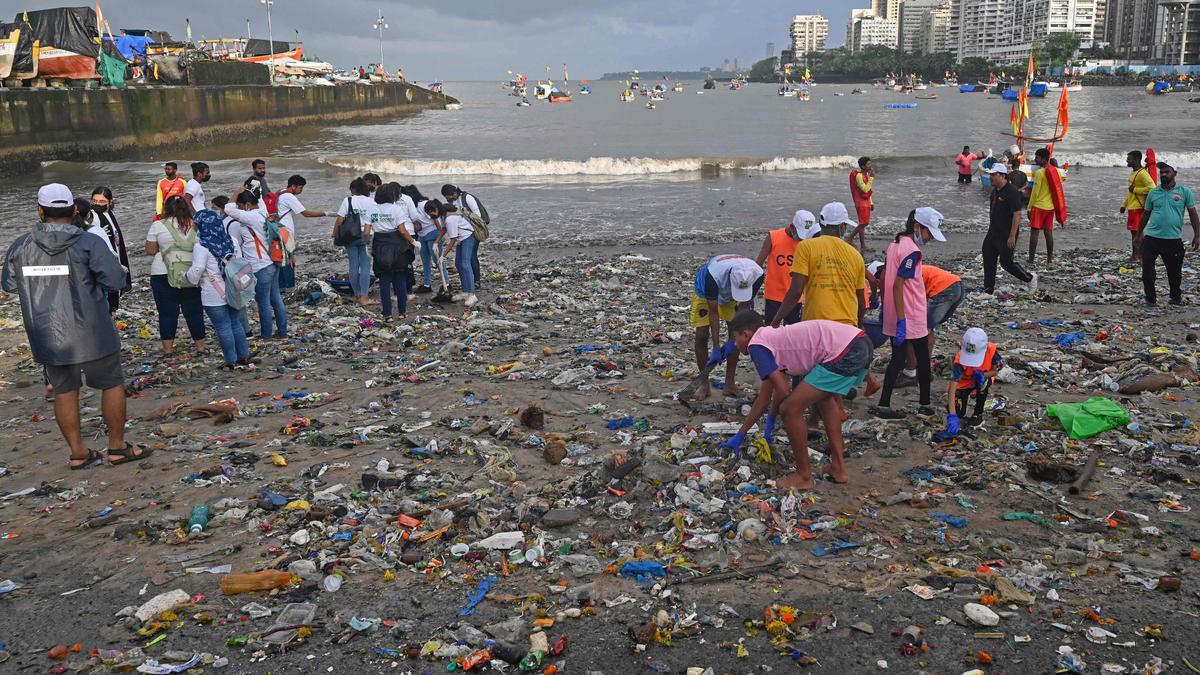December 3, 2023
Understanding Maritime Security Challenges in the Global South

Evolution of Maritime Challenges
- Maritime security faces new dimensions in hard security, such as asymmetrical tactics and grey-zone warfare. Land attack missiles and combat drones reshape security landscapes, presenting unconventional threats.
Shift in Demand for Maritime Security
- Growing demand arises from states dealing with illegal fishing, natural disasters, and climate change. Addressing these demands requires a broader approach beyond military means.
India’s Developmental Approach
- India’s Maritime Vision 2030 emphasizes economic growth and livelihood generation through port, shipping, and inland waterway development. The Indo-Pacific Oceans Initiative focuses on pillars like maritime ecology and disaster risk reduction.
New Threats in Maritime Domain
- Recent developments, like Ukraine’s tactics and China’s maritime militias, signify improvised strategies. Emerging threats include grey-zone warfare and unconventional methods.
Demand for Maritime Security
- The majority of demand stems from unconventional threats like illegal fishing and climate change. Addressing these requires commitment to resources and specialized personnel.
Global South’s Perspective
- Developing nations view powerful nations’ competition as detrimental to their interests. Challenges involve interconnected objectives in national, environmental, economic, and human security.
Challenges in Global South
- Rising sea levels and climate change disproportionately impact less developed states, leading to vulnerability. Unequal law-enforcement capabilities hinder joint efforts against maritime threats.
Creative Models for Maritime Security
- Maritime security exceeds military actions, focusing on prosperity and societal aspirations. India’s Maritime Vision 2030 emphasizes economic growth through port development.
Fight Against Illegal Fishing
- Illegal, unreported, and unregulated fishing pose significant challenges, especially in Asia and Africa. Policies encouraging destructive methods contribute to the problem.
India’s Indo-Pacific Oceans Initiative
- Encompassing seven pillars, this initiative advocates collective solutions for shared problems, garnering support from major Indo-Pacific states.
Challenges in Achieving Consensus
- Implementing collaborative strategies faces hurdles in improving interoperability and intelligence sharing. Balancing sovereignty remains a priority, hindering consensus.
Key Challenges
- Conventional military approaches fall short in tackling unconventional threats like illegal fishing and climate change. Coordination challenges among less developed states and reluctance hinder collective action.
Way Forward
- Improved collaboration, intelligence sharing, and agreement on regional rules-based orders are imperative. Prioritizing collective action over sovereignty is crucial for effective maritime solutions aligned with sustainable development goals.
Gist of daily Article /The Hindu 17oct 2025
October 17, 2025
Daily Gist of the Hindu/Indian Express : 16 Oct 2025
October 16, 2025
Daily Gist of The Hindu/Indian Express: 6 Oct 2025
October 6, 2025
Daily Gist of Article /The Hindu /Indian Express: 24 Sep 2025
September 24, 2025
